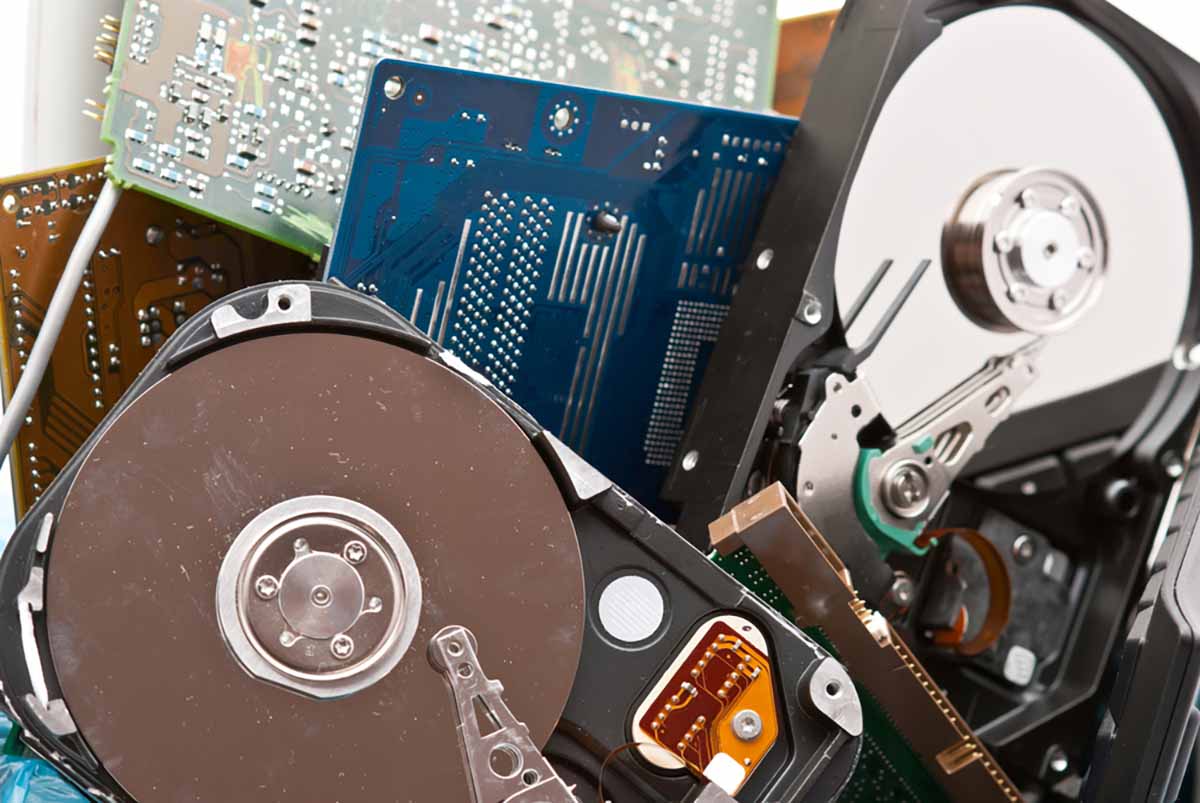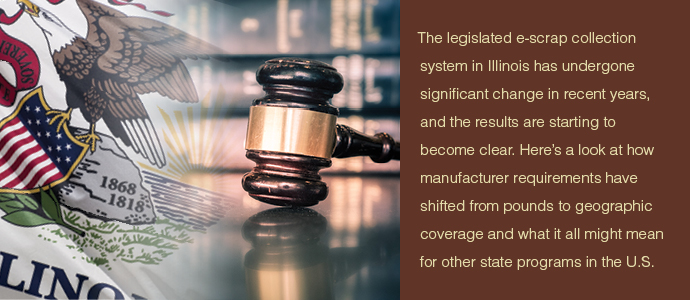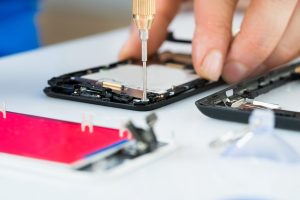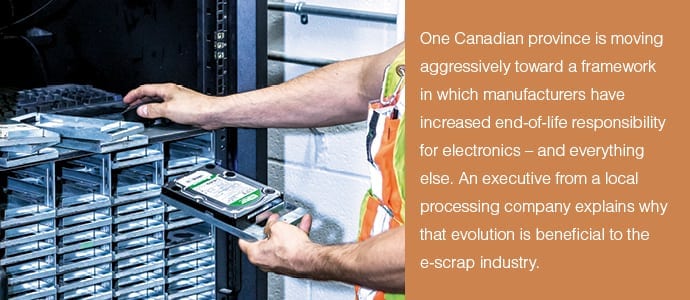
France has begun requiring manufacturers to label their electronic products with a repairability score. | S.Dashkevych/Shutterstock
France has started requiring electronics OEMs to calculate and disclose repairability scores to consumers, and officials in Malaysia raise concerns about recent e-scrap importation in that country.




 Electronics manufacturers are proposing a nationwide point-of-sale fee to fund recycling of CRT devices, an industry group announced last week.
Electronics manufacturers are proposing a nationwide point-of-sale fee to fund recycling of CRT devices, an industry group announced last week.
 The debate over the merits and pitfalls of e-scrap exporting has been alive and well for decades now, but one thing has remained clear: Choosing to ship material halfway around the world adds a thick layer of complication to the basic goal of managing the domestic e-scrap stream.
The debate over the merits and pitfalls of e-scrap exporting has been alive and well for decades now, but one thing has remained clear: Choosing to ship material halfway around the world adds a thick layer of complication to the basic goal of managing the domestic e-scrap stream. The Secure E-Waste Export and Recycling Act (SEERA) is just the latest attempt to enact unnecessary legislation to restrict the export of used electronic products.
The Secure E-Waste Export and Recycling Act (SEERA) is just the latest attempt to enact unnecessary legislation to restrict the export of used electronic products.